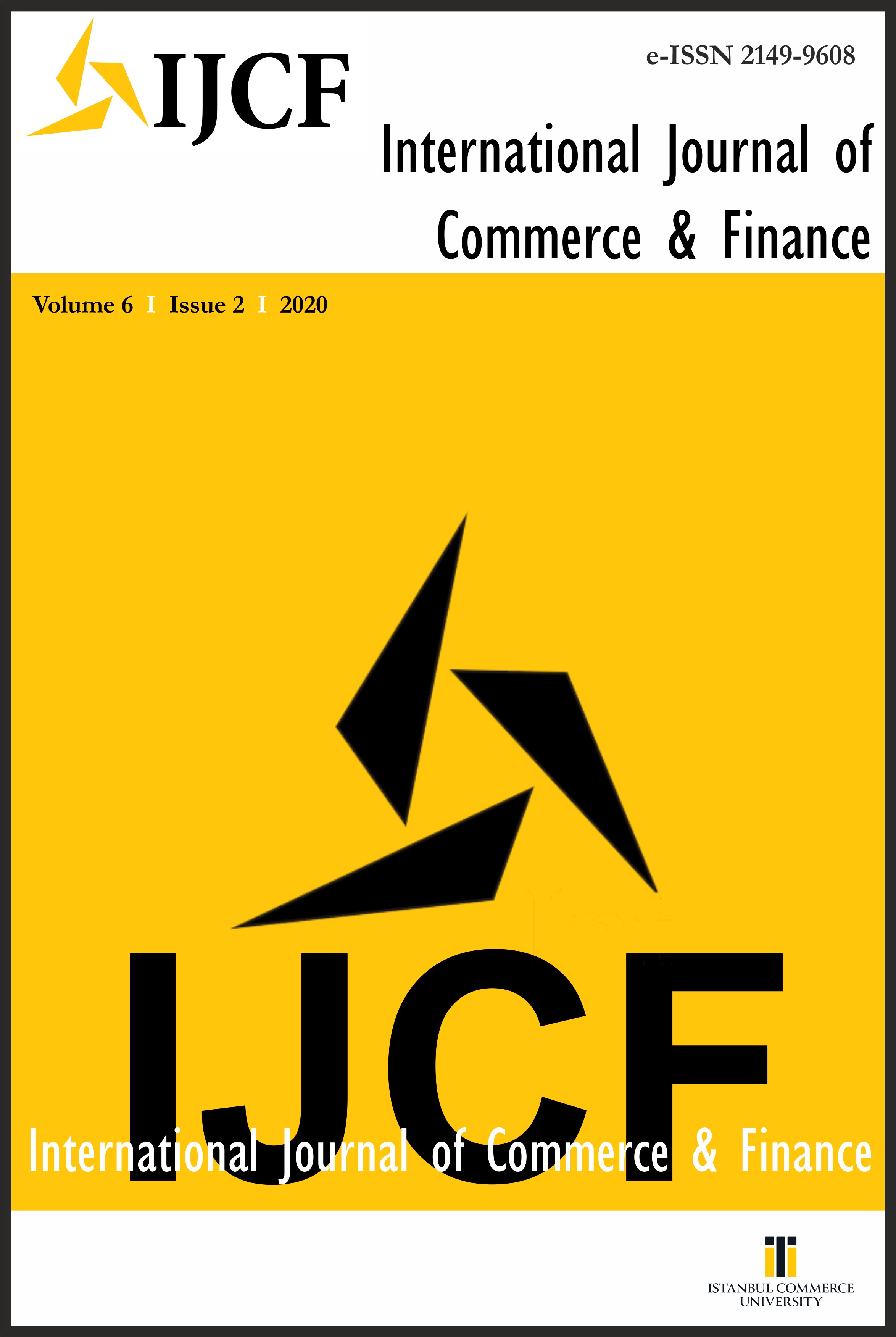Aiding Fragility or Stability? The Impact of Foreign Assistance on Government Effectiveness and Violence in Afghanistan
Abstract
This paper considers the response of two dimensions of stability—government effectiveness and level of violence—to the inflow of foreign assistance into Afghanistan. Novel econometric techniques—frequency domain causality and wavelet coherence analysis—are employed in analyzing time-series data covering the period 1995-2022. Firstly, it is confirmed that a virtuous cycle exists, in which the level of government effectiveness responds to the inflow of foreign assistance, and the inflow of foreign assistance in turn responds to the level of government effectiveness. Secondly, it is found that the nature of the relationship is positive, in which higher levels of foreign assistance inflows are correlated with higher levels of government effectiveness. Thirdly, it is discovered that foreign assistance inflows take the lead in this relationship, leading to the conclusion that foreign assistance inflows raise the quality of government effectiveness in Afghanistan. Finally, the results show that foreign assistance inflows significantly predict the absence of violence in Afghanistan. In summary, the findings suggest that foreign assistance can increase stability in Afghanistan by promoting government effectiveness.
Full Text:
3. WilliamsIndexing and Abstracting Services










Other Sources and Services



License

International Journal of Commerce and Finance is licensed under a Creative Commons Attribution-NonCommercial-4.0 International (CC BY-NC 4.0) License.
Mailing Address
| International Journal of Commerce and Finance Örnektepe Mah. İmrahor Cad. No: 88/2, Beyoğlu 34445 / İSTANBUL, TURKEY E-mail : hersoy@ticaret.edu.tr |



